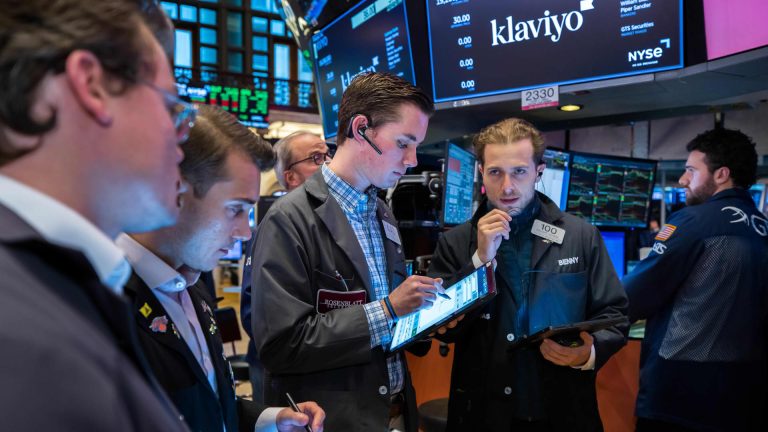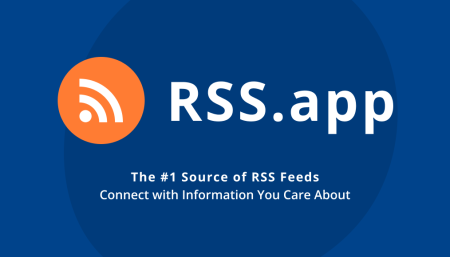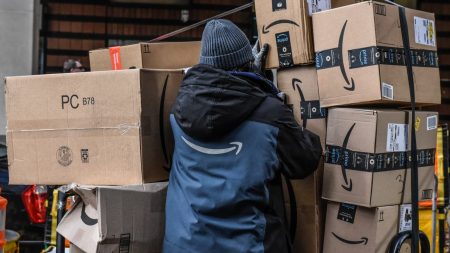It’s quiet out there in IPO land — very quiet.
This is it: the weeks before Thanksgiving usually bring a spate of large IPOs eager to go public before the holiday season starts.
“Whatever you are going to get between now and the end of the year should be happening right now,” Don Short, head of venture equity at InvestX, told me.
Except, nothing is happening.
“The bad companies can’t go public, and the good companies don’t want to go public in a bad market,” Matt Kennedy from Renaissance Capital said.
A terrible performance for stocks in October, higher-for-longer interest rates, poor after-market performances from the recent spate of initial public offerings this summer and the prospects of dramatically lower valuations appear to be causing many IPO candidates to rethink or delay their debuts.
The steady rise in the 10-year Treasury yield was a particular deal killer.
“That was a big wet blanket” for the IPO market, Greg Martin from Rainmaker Securities told me.
Companies delaying IPOs
Waystar, which was considering launching its roadshow last week, is reportedly delaying its IPO until December or into 2024.
Last week, the Wall Street Journal reported that Panera Bread was laying off 17% of its corporate staff in advance of a possible IPO next year.
Others still interested in an IPO may have to take very large haircuts.
Buy now, pay later firm Klarna, another oft-mentioned IPO candidate, told CNBC it has no immediate plans to go public. The company last raised cash at a valuation of $6.7 billion, which marked a massive 85% haircut to its previous valuation of nearly $46 billion.
Chinese fast-fashion giant Shein has not made a decision on the timing or valuation of an IPO, but sources familar with the company’s plans told Bloomberg the company was targeting a valuation of $80 billion to $90 billion. However, the most recent funding round in May valued the company at $66 billion.
This is in stark contrast to most years, when big IPOs went public in November and December.
Rivian, the biggest IPO of 2021, priced on Nov. 9, 2021, and began trading the next day. Hertz raised $1.3 billion in November 2021. Braze raised $500 million the same month, Sweetgreen raised $364 million. Allbirds raised $303 billion.
Airbnb went public in December 2020 and raised $3.5 billion. The day before that, Doordash raised $3.4 billion. A month earlier, in November 2020, Sotera Health raised $1.1 billion, and Miravai Life Sciences raised $1.6 billion.
But the year-end IPO gold rush fizzled in 2022, and it’s fizzling again this year.
So far, 96 IPOs have raised $18.8 billion in 2023, according to Renaissance Capital. That’s following on 2022, when a measly $7.7 billion was raised, the worst year for IPOs in decades. By contrast, a normal year should see at least $50 billion raised.
Recent IPOs aren’t helping
It didn’t help that the recent spate of IPOs have not gone well.
“What I was hearing was that everyone that was lining up after Instacart went public [in September] pulled their deal and everything went a bit quiet,” Short told me.
Three of the biggest IPOs of the year are trading below their offering prices, and, a fourth, Arm, is trading near its debut price, after dipping below it in early trading Thursday.
Largest IPOs, 2023
(from offering price)
Arm about flat
Kenvue down 13%
Birkenstock down 8%
Instacart down 10%
Source: Renaissance Capital
Marketing automation company Klaviyo, which went public in September, is also trading 8% below its offering price of $30 after reporting earnings on Tuesday.
Restaurant chain Cava Group went public in June and at $31 is trading above its initial offering price of $22, but the stock was as high as $57 in the month after it went public, so at Wednesday’s price of $31 most of the original buyers of the stock after the open are under water.
The Renaissance Capital IPO ETF (IPO), a basket of roughly 60 of the largest IPOs in the past two years, is down 17% from its July peak to October trough, S&P wasn’t as bad but similar trajectory.
Some companies may still go public
The market is not completely closed.
“I wouldn’t discount December. If the latest rally continues, we could get more activity,” Kennedy said. “Companies want to go public when there is an expectation the market is going to trade up.”
There are some small firms still in the pipeline.
U.S. natural gas producer BKV, which filed for a $100 million IPO in November of last year, recently updated its prospectus, which is a sign they are still looking to go public.
Homebuilder Smith Douglas, which filed for a $100 million IPO in September, also updated its prospectus in mid-October.
American Healthcare REIT, which filed in September 2022, filed updated financials and announced an additional underwriter (Morgan Stanley) this week.
Here’s another problem: AI
So what happens to some of the older IPO candidates like Reddit or Stripe? As time goes on, they get less interesting.
“The excitement right now is in the AI space, but none of them are ready yet to go public,” Short said. “There are a lot of names still burning cash, but there’s not a lot of capital available for anything that isn’t AI right now.”
That is the main reason Arm is one of the few IPOs that isn’t down sharply.
“Anything associated with AI is a whole other category, and Arm is definitely getting a halo effect,” Short said. Arm reported its first earnings as a public company Wednesday night. Its shares were down about 7% in trading Thursday after offering a weak outlook.
Tough choices for IPO candidates
That leaves IPO candidates with three choices: 1) go public, likely with a substantial haircut, 2) stay private, also likely with a haircut, and hope that your venture capital source will continue to fund you, or 3) merge or go out of business.
Greg Martin from Rainmaker Securities runs one of the leading private platforms for trading pre-IPO companies. He told me the companies in the best position are those who could fund their operations from their own cash flow, but that is not a large group.
“The private financing markets are even worse than the public financing markets, so you really don’t want to be running out of cash right now,” Martin said, adding that he is seeing much lower prices for private sales of stock compared with two years ago.
That leaves many of the roughly 800 tech unicorns (those with valuations above $1 billion) in a precarious position.
“We are starting to see unicorns die,” Martin said. “There’s a lot of lower quality unicorns with negative EBIDTA [cash flow], and there’s not much demand for them in the public markets, so the M&A route is increasingly likely for a lot of companies.”
Read the full article here









